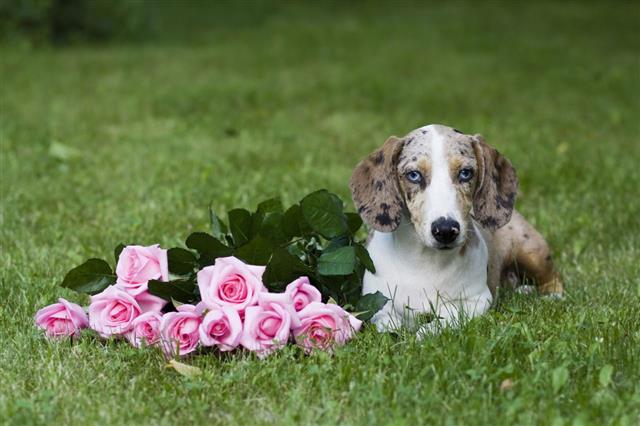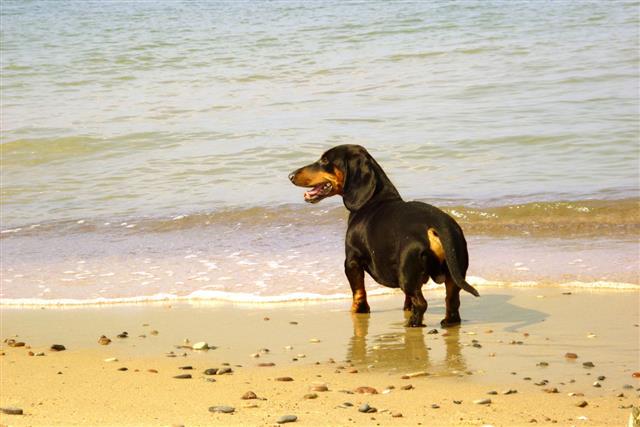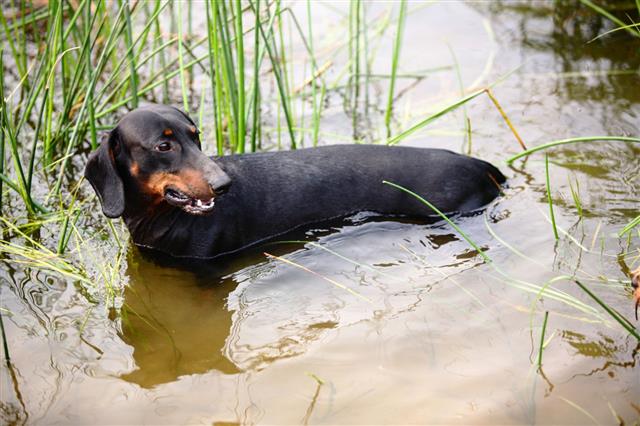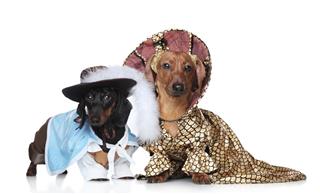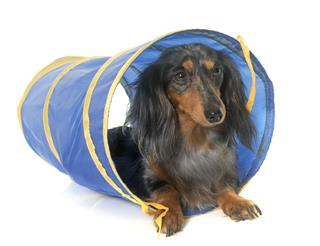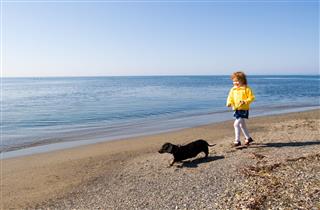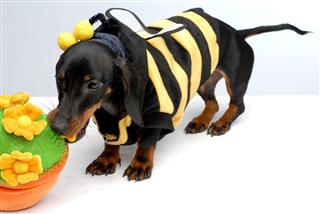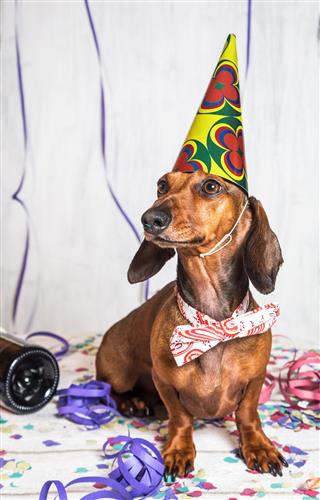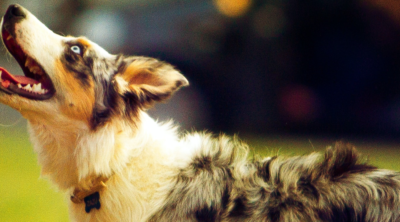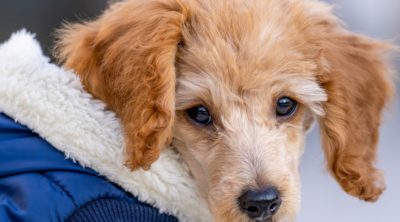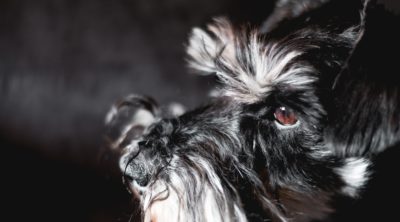
A miniature Dachshund is a smart, curious, little friend that is sure to make you laugh. Here are some of the breed’s characteristics that help make a miniature Dachshund the perfect companion.
Dachshunds are Fun and Filled with Energy
The mighty Miniature Dachshund usually weighs less than eleven pounds and are about five to six inches tall. Their little bodies are filled with seemingly inexhaustible energy. Knowing how to expend that energy will make for an even happier dog. Getting in the habit of going for walks and playing games like watching them push a lightweight ball around in the yard with their nose is great fun for everyone. Engaging them with canine enrichment activities and investing in a few awesome interactive toys will help channel that boundless Dachshund energy.
A Little History
Standard Dachshunds originated in Germany as a hunting dog sometime during the 15th century. The Dachshund translates as “badger dog.” With their low-to-the-ground stature and pointy scent hound nose, they are experts at hunting critters that tunnel and burrow. Miniature Dachshunds were bred later and their job was to hunt rabbits. These small but mighty dogs have short, muscular legs and wide paws with powerful claws perfect for digging.
Temperament
Miniature Dachshunds are very intelligent, loyal, and lovable. They can get very attached to their owners. It has been said that their quest for affection from the humans they are attached to is similar to that of a cat. While they can be stubborn, independent spirits, Dachshunds can be friendly and engaging with others. Before owning a Dachshund know they are barkers and tend to vocalize often.
Dachshund Coat
Whether short-haired, long-haired or wire-haired Dachshunds are considered hypoallergenic since they shed very little and have low dander production. Their coats also come in a variety of colors and patterns as well.
A Word About Health
If not careful these little pups can gain weight fast so feed them high-quality food and treats. Be very careful about allowing them to jump off the furniture or high places as they could easily injure their backs. Their long spines are also susceptible to slipped or herniated disks resulting in possible paralysis. In general, be sure to support their backs when you are holding them.
